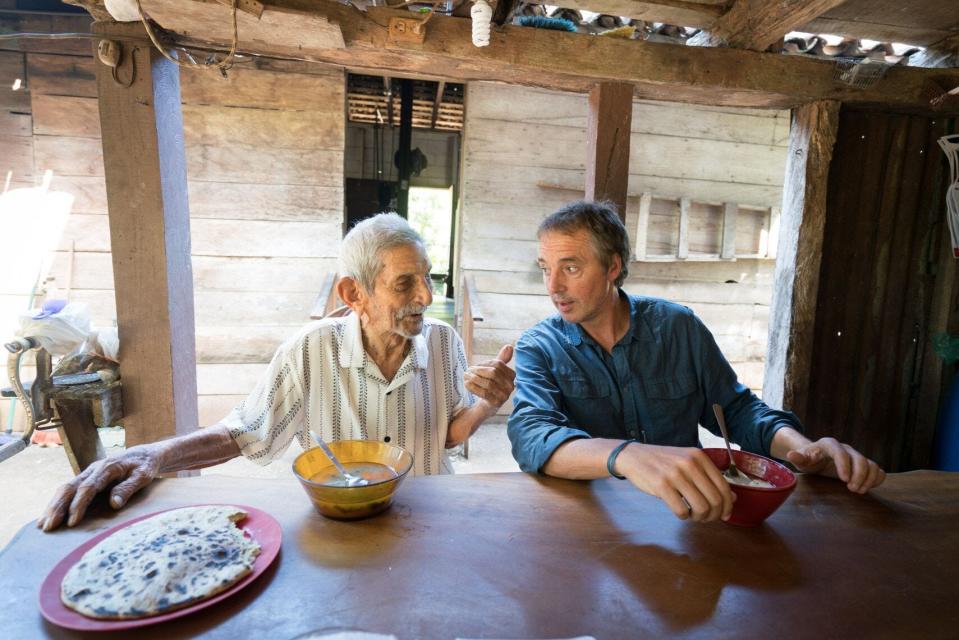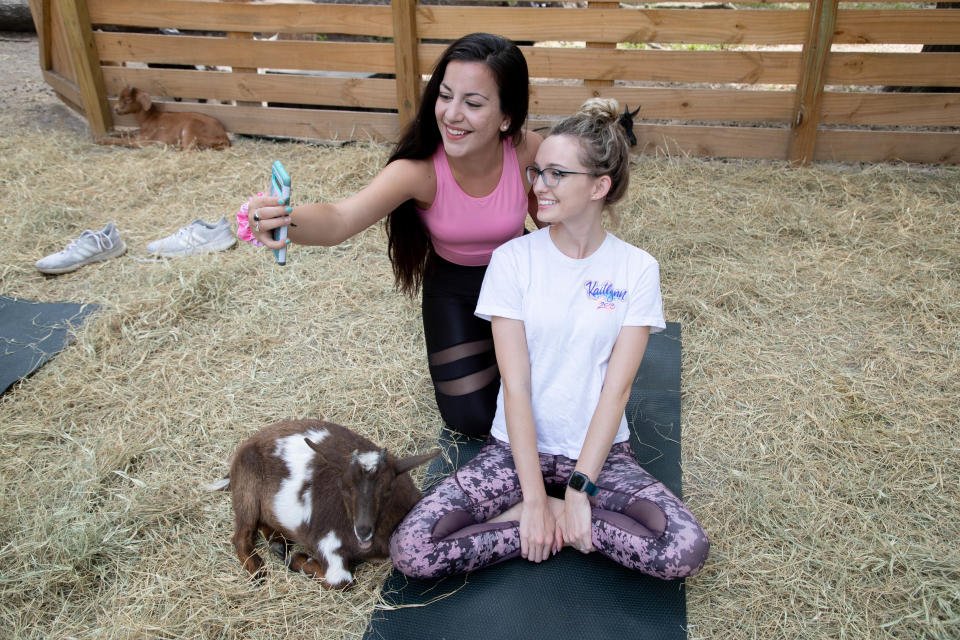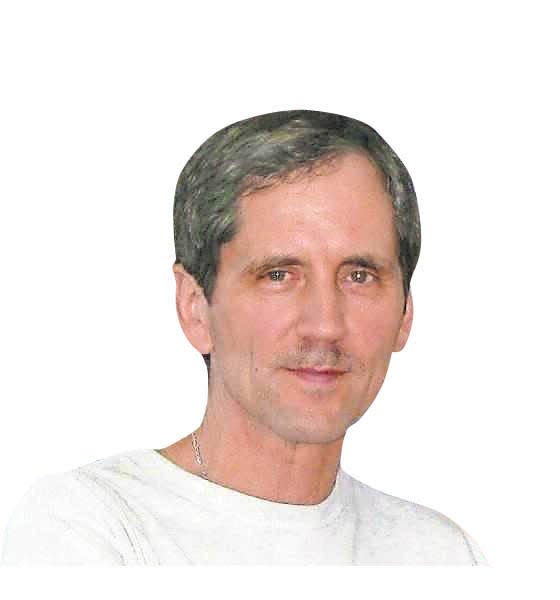Entering the Blue Zone: A look at 9 lifestyle habits linked to long life | Mark Mahoney
As we begin 2024 the relevant issue of prevention in terms of our individual and collective health remains an extremely important one. The area of preventive health care is often talked about and promoted by some but with little apparent success.
In reality, the prevalence of chronic disease continues to grow in this country as well as increasing health care costs through the provision of skyrocketing secondary and tertiary care as well as a diminished quality of life for many.
I recently viewed a Netflix series on Blue Zones and also recently heard a “TED” talk on the same topic. The column today will focus on a highlighting some of the primary characteristics of Blue Zones and their importance in helping to improve the collective and individual health of communities around the world as well as their applicability to the United States.

Blue Zones: A definition & origination of term
Blue Zones are places where there are 10 times as many centenarians as expected for a corresponding population size in the USA, most of them being unusually healthy. American researcher Dan Buettner first highlighted Blue Zones, identifying five worldwide, from California to Japan. He called them Blue Zones because he circled these places in blue on the map.
According to Buettner, genes account for 25% of how long we live. The remaining 75% is determined by lifestyle choices. Based on his studies, he summarized a Blue Zone diet and accompanying social patterns which contribute to longevity.
Healthy lifestyle habits of the original Blue Zones
Nine healthy lifestyle habits were identified which helped these individuals live longer, healthier lives. The list follows with a brief description.

1. Move naturally
To start moving naturally, consider making things a little inconvenient. Take that extra trip up or down the stairs instead of loading things at the top or bottom to take up later.
2. Know your purpose
Begin investigating your own purpose by creating an internal inventory of your life. Try to articulate your values, passions, gifts and talents. What are the things you like to do and the things you don't? Then incorporate ways to put your skills into action in ways that will add meaning to your life and the lives of others.
3. Down shift
Stress leads to chronic inflammation, which is associated with every major age-related disease. Find a stress-relieving strategy that works for you and make it a routine. You'll be able to benefit both physically and emotionally!
4. 80% rule
America has been eating its way well beyond health. The 80% Rule is a strategy that focuses on taking things out of everyday diets, instead of putting more things in. Consider eating your smallest meal in the late afternoon or early evening and then don't eat any more the rest of the day.

5. Plant slant
Eat a rich array of fresh fruits and vegetables, which are packed with disease-fighting nutrients. This is consistent with the USDA's MyPlate recommendations to make fruits, vegetables and grains the majority of your intake.
6. Friends @ 5
Spark more happiness by sharing your day with others. Whether you sit down together for a meal or meet up for a cup of tea or coffee, the benefits of a daily connection with friends and family come from ending work at a reasonable hour and enjoying a daily de-stressor and social time
7. Positive pack
Assessing who you hang out with, and then proactively surrounding yourself with the right friends, will do more to add years to your life than just about anything else. Choosing to create social circles that support healthy behaviors is crucial.
8. Belong
Belong to a civic- or faith-based organization, since strong social relationships can add years to your life. If it's been a while or you aren't sure where to start, try asking friends and neighbors for their suggestions or search for additional information online.
9. Loved ones first
Put your family first. Keeping your aging parents and grandparents in or near your home to being in a positive, committed relationship can add additional years as well as going out of your way to invest time and love your children to ensure they'll be more likely to care for them when the time comes.
Takeaways
One of the primary “takeaways” for me is the notion of making the healthier choice an easier one. This can relate to diet, physical activity, transport and many other areas within the daily activities of our lives.
Thanks to the Beach Cities Health District website for principles as well as summary information from the makelifefun website.
If we learn from the consistent lifestyle choices made by people in Blue Zones – which are defined geographic areas where people live exceptionally long lives – we increase our own chances of living longer and having a greater quality of life.
Let’s get proactive in making those choices more of a reality as we transition into 2024.
More in-depth resources are available for a deeper dive into this concept of Blue Zones including information on projects in the U.S.
Additional resources
More in-depth information is available for a deeper dive into this concept of Blue Zones including information on projects in the U.S.
View the recent Public Broadcast Service’s news report, “Live to be 100” for a succinct summary on characteristics of Blue Zones at youtube.com/watch?v=FTb1tPPAyfc
The TED talk by Dan Buettner, “How to Live to be 100+ on the Blue Zones is available to view atted.com/talks/dan_buettner_how_to_live_to_be_100
Blue Zone project results information in communities throughout the United States (as well as a free weekly newsletter) is available at bluezones.com.

Mark Mahoney has been a Registered Dietitian/Nutritionist (R.D.N.) for over 35 years and completed graduate studies in Public Health at Columbia University. He can be reached at [email protected].
This article originally appeared on Tallahassee Democrat: 9 healthy habits linked to longer life in Blue Zones
